Earthquake Prediction Using Machine Learning
Machine learning has the ability to advance our knowledge of earthquakes and enable more accurate forecasting and catastrophe response. It's crucial to remember that developing accurate and dependable prediction models for earthquakes still needs more study as it is a complicated and difficult topic. In order to anticipate earthquakes, machine learning may be used to examine seismic data trends. Seismometers capture seismic data, which may be used to spot changes to the earth's surface, like seismic waves brought on by earthquakes. Machine learning algorithms may utilize these patterns to forecast the risk of an earthquake happening in a certain region by studying these patterns and learning to recognize key traits that are linked to seismic activity. So we will be predicting the earthquake fromDate and Time, Latitude, and Longitude from previous data is not a trend that follows like other things. It is naturally occurring. Code: Importing LibrariesOutput: 
Read the DatasetNow we will read the dataset and look for the various features in the dataset. Output: 
Output: 
We need to select the features that will be useful for our prediction. Output: 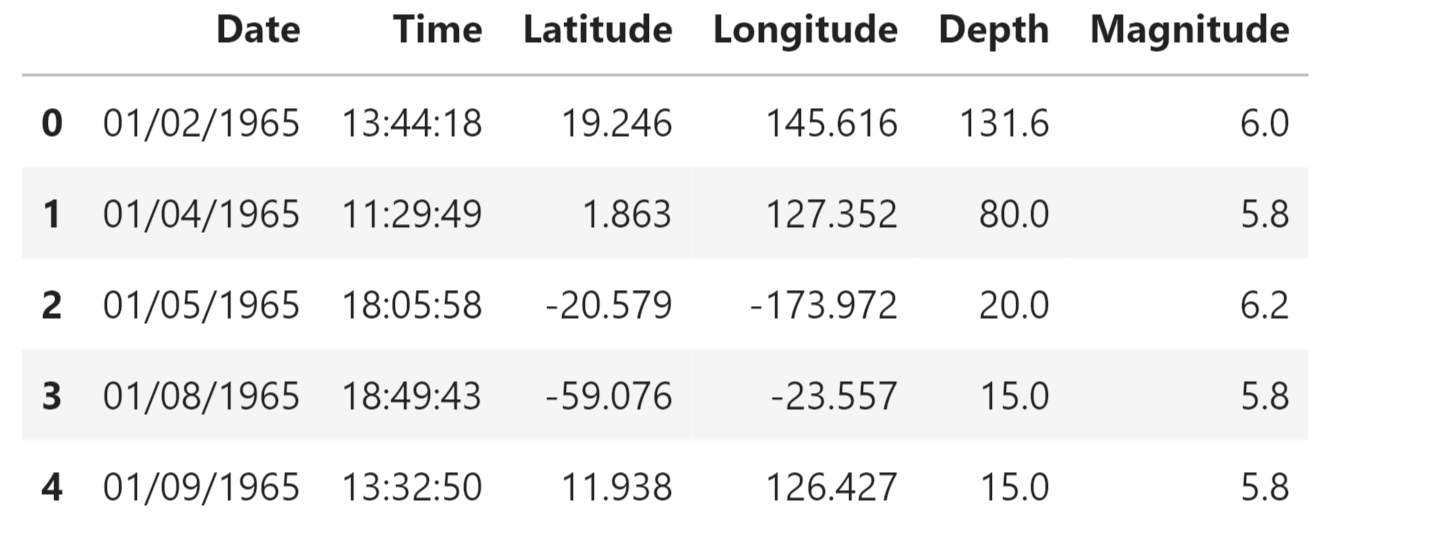
We will try to frame the time and place of the earthquake that has happened in the past on the world map. Output: 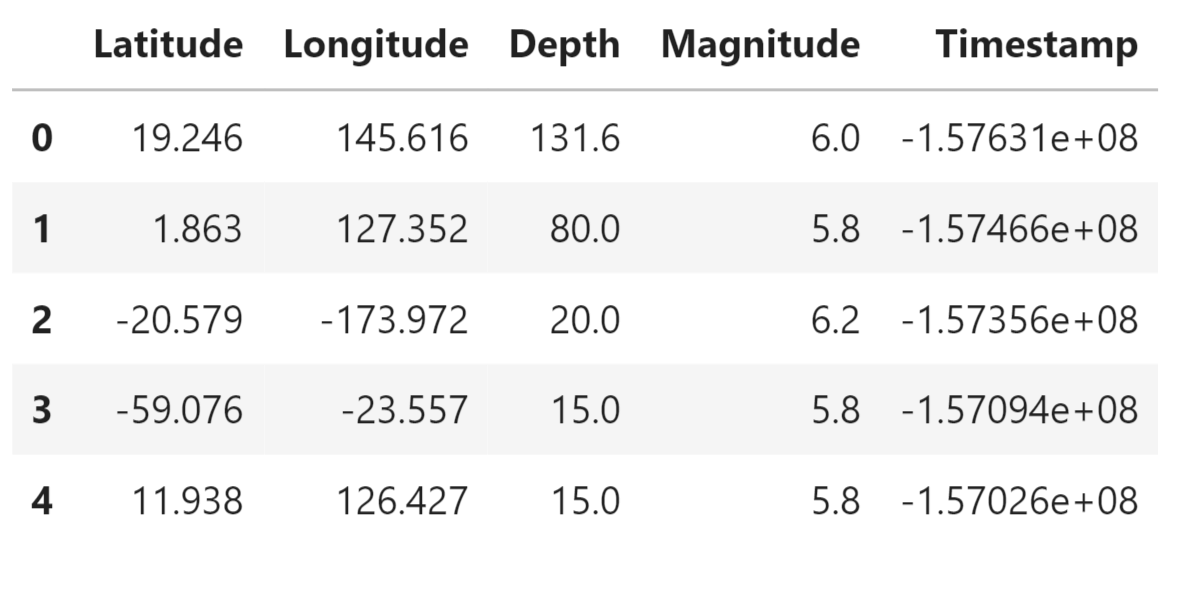
VisualizationHere, we will visualize the earthquakes that have occurred all around the world. Output: 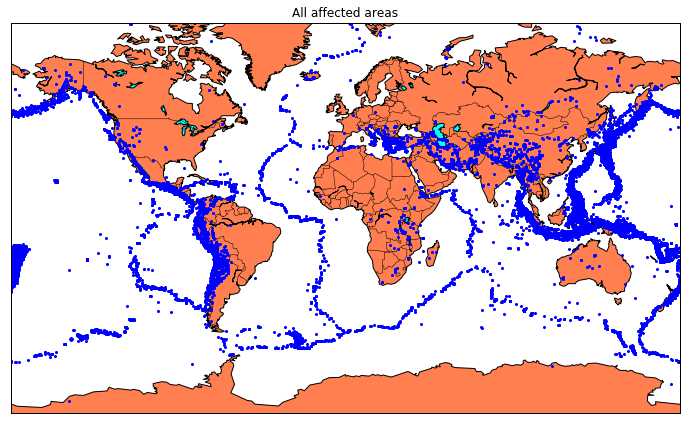
We have located on the world map where earthquakes happened in the last few years. Splitting The DatasetNow we will split the dataset into a training and testing set. Output: 
We will be using the RandomForestRegressor model to predict the earthquake, here will look for its accuracy. Output: 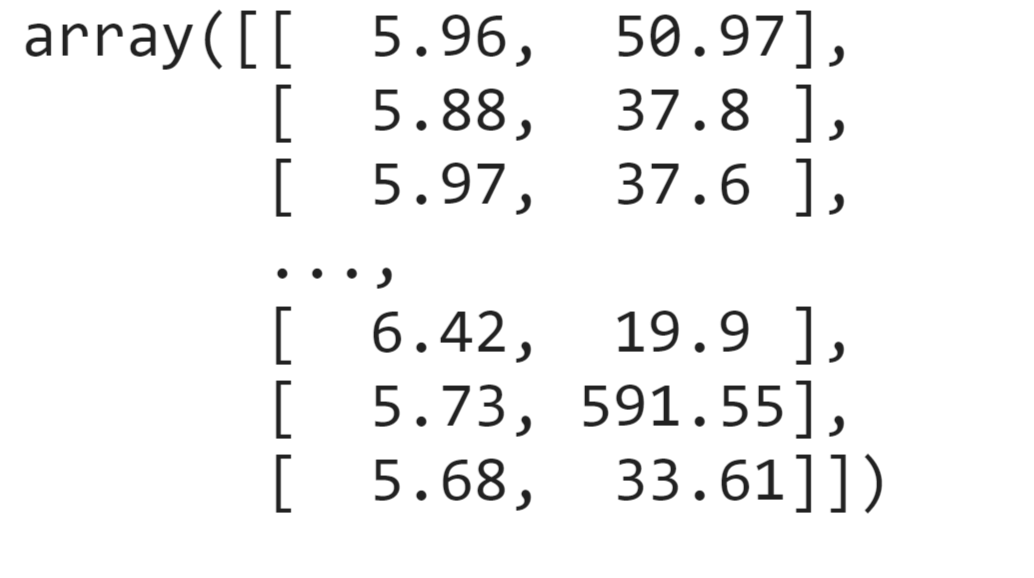
reg.score(X_test, y_test) Output: 
86% of accuracy is quite high. Now we will shift to GridSearch. Output: 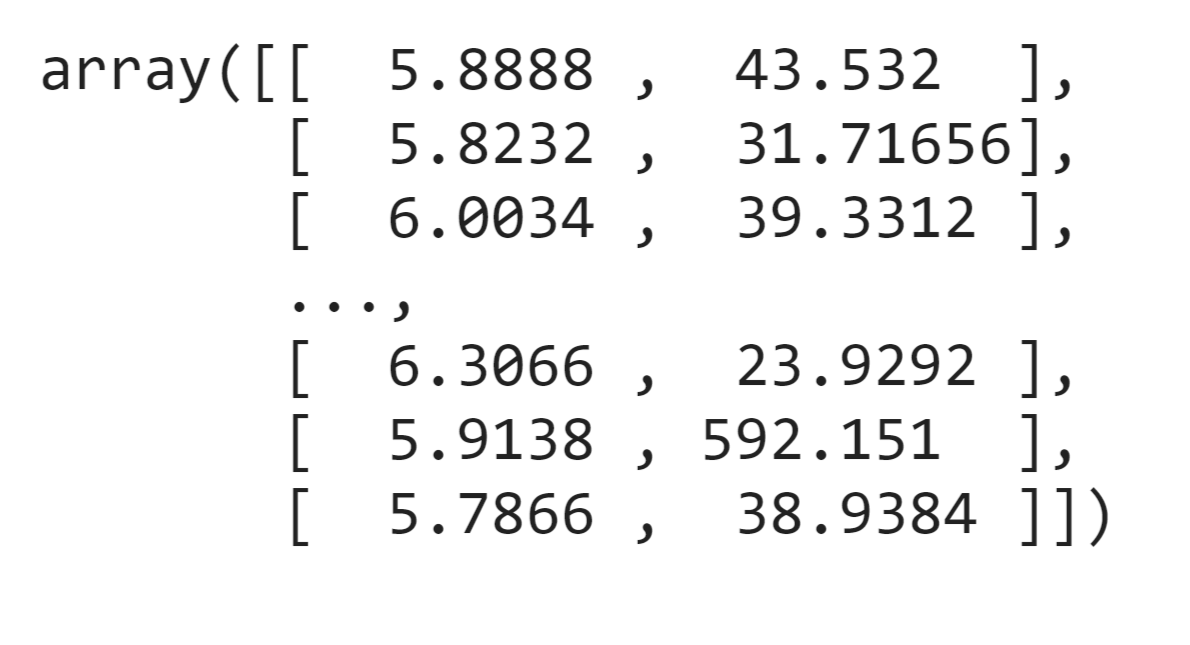
Output: 
Considering it's a natural phenomenon, we have got a high accuracy number. We will employ a neural network for predicting the earthquake. Neural Network ModelA neural network model can be employed to forecast earthquakes by examining diverse elements and trends in seismic data. This model harnesses the capabilities of neural networks, which draw inspiration from the neural connections of the human brain, to analyze intricate data and reveal hidden relationships and patterns. By training the neural network on historical earthquake data, it can acquire the ability to identify precursor signals and patterns that indicate the probability of an upcoming earthquake. Output: 
Output: 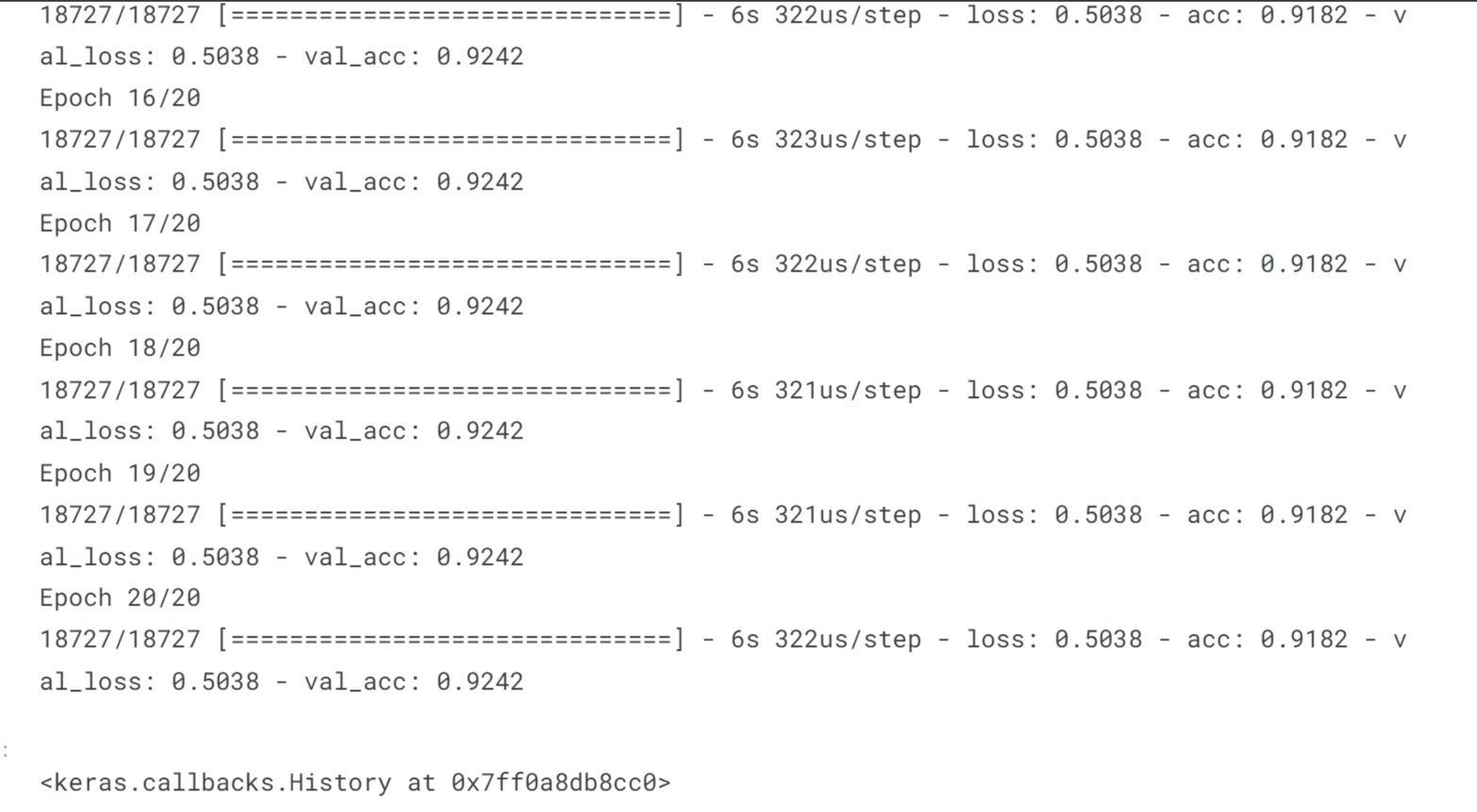
Output: 
Isn't it amazing that we got an accuracy of 92%. We can say the neural network is one of the best models to predict earthquakes that can be used in future. ConclusionUnderstanding earthquakes and effectively responding to them remains a complex and challenging task, even with the latest technological advancements. However, leveraging the capabilities of machine learning can greatly enhance our comprehension of seismic events. By employing machine learning techniques to analyze seismic data, we can uncover valuable insights and patterns that contribute to a deeper understanding of earthquakes. These insights can subsequently inform more effective strategies for mitigating risks and responding to seismic events. As we head towards the future, we might see new technologies that will precisely predict the place and time of the earthquake that will happen.
Next TopicFactor Analysis in Machine Learning
|
 For Videos Join Our Youtube Channel: Join Now
For Videos Join Our Youtube Channel: Join Now
Feedback
- Send your Feedback to [email protected]
Help Others, Please Share










